Consider installing pumps for pools or back up power to wells to increase water availability during fires.
Your home’s address should be easily visible from the street for quick identification by emergency responders.
Have a ladder handy for firefighter roof access
Know your community’s emergency plan, evacuation routes, and destinations
Get to know your home’s utility boxes for electricity, water, and gas and how to safely manage them.
Check with neighbors to ensure they’re also prepared
When an evacuation is likely or has been ordered
Leave if you believe an evacuation order is coming, don’t wait
Bring in patio furniture toys, doormats, and trash bins. Alternatively, place them in your pool if evacuation is likely or ordered
Shut off gas lines and items like propane tanks and move grills away from the house.
If you are on city water, Don’t leave sprinklers or water running as it can lower critical water pressure.
Switch off the air conditioning
Close all windows and doors but leave them unlocked
Take down flammable window treatments like shades and curtains, and close metal shutters
Move anything that burns easily to the middle of rooms, away from windows and doors
Turn off the gas at the meter and pilot lights
Leave lights on for firefighters to see your house in smoke. I have a battery back up light bulb on the porch light. that comes on if the power is off.
Expect power outage, don’t use improper connections for generator, they may cause injury to workers
Don’t return home until fire officials notify you that it’s safe to do so.
Use a battery-powered radio or your cellphone for wildfire updates.
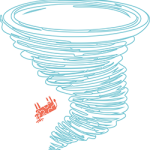
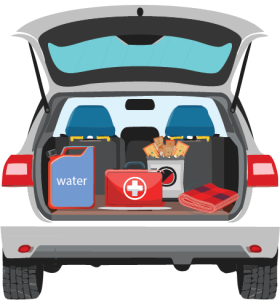 Try to have at least half a tank of gas in your car at all times.
Try to have at least half a tank of gas in your car at all times.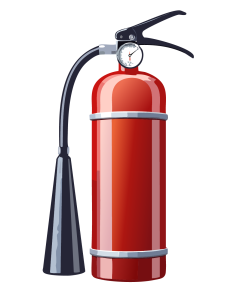 A
A 
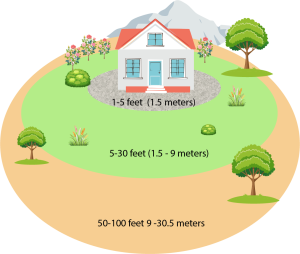 Wildfire preparedness is challenging and resource intensive, Planning ahead can build awareness and confidence that you know what to do in a wildfire.
Wildfire preparedness is challenging and resource intensive, Planning ahead can build awareness and confidence that you know what to do in a wildfire.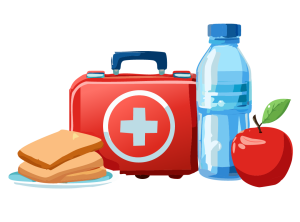 Before an Earthquake occurs:
Before an Earthquake occurs:

 Ramen*
Ramen*
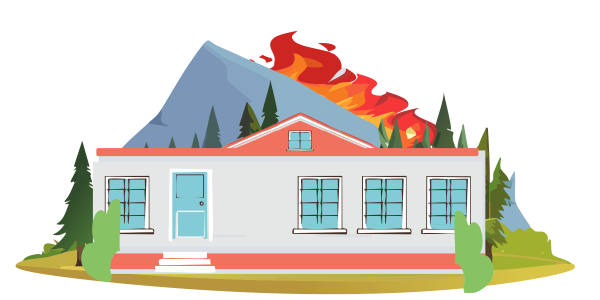
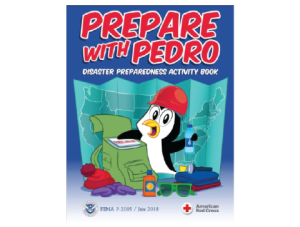 Children
Children